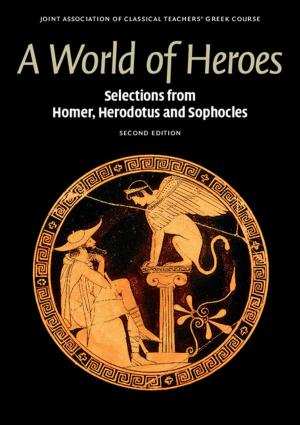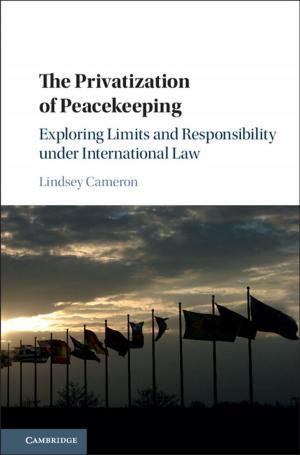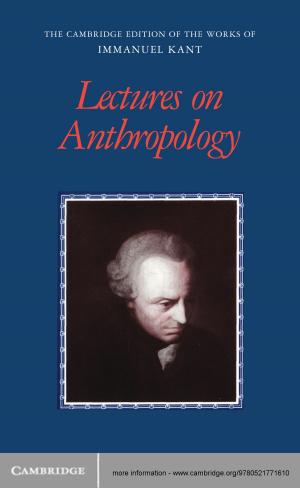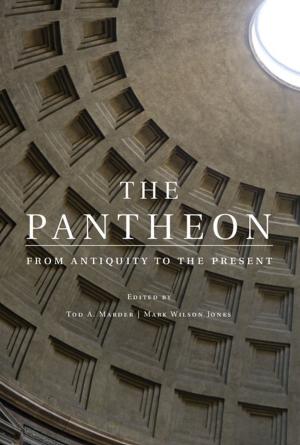Freedom in the Arab World
Concepts and Ideologies in Arabic Thought in the Nineteenth Century
Nonfiction, History, Middle East, Religion & Spirituality, Philosophy| Author: | Wael Abu-'Uksa | ISBN: | 9781316727300 |
| Publisher: | Cambridge University Press | Publication: | July 4, 2016 |
| Imprint: | Cambridge University Press | Language: | English |
| Author: | Wael Abu-'Uksa |
| ISBN: | 9781316727300 |
| Publisher: | Cambridge University Press |
| Publication: | July 4, 2016 |
| Imprint: | Cambridge University Press |
| Language: | English |
A preoccupation with the subject of freedom became a core issue in the construction of all modern political ideologies. Here, Wael Abu-'Uksa examines the development of the concept of freedom (hurriyya) in nineteenth-century Arab political thought, its ideological offshoots, their modes, and their substance as they developed the dynamics of the Arabic language. Abu-'Uksa traces the transition of the idea of freedom from a term used in a predominantly non-political way, through to its popularity and near ubiquity at the dawn of the twentieth century. Through this, he also analyses the importance of associated concepts such as liberalism, socialism, progress, rationalism, secularism, and citizenship. He employs a close analysis of the development of the language, whilst at the same time examining the wider historical context within which these semantic shifts occurred: the rise of nationalism, the power of the Ottoman court, and the state of relations with Europe.
A preoccupation with the subject of freedom became a core issue in the construction of all modern political ideologies. Here, Wael Abu-'Uksa examines the development of the concept of freedom (hurriyya) in nineteenth-century Arab political thought, its ideological offshoots, their modes, and their substance as they developed the dynamics of the Arabic language. Abu-'Uksa traces the transition of the idea of freedom from a term used in a predominantly non-political way, through to its popularity and near ubiquity at the dawn of the twentieth century. Through this, he also analyses the importance of associated concepts such as liberalism, socialism, progress, rationalism, secularism, and citizenship. He employs a close analysis of the development of the language, whilst at the same time examining the wider historical context within which these semantic shifts occurred: the rise of nationalism, the power of the Ottoman court, and the state of relations with Europe.















